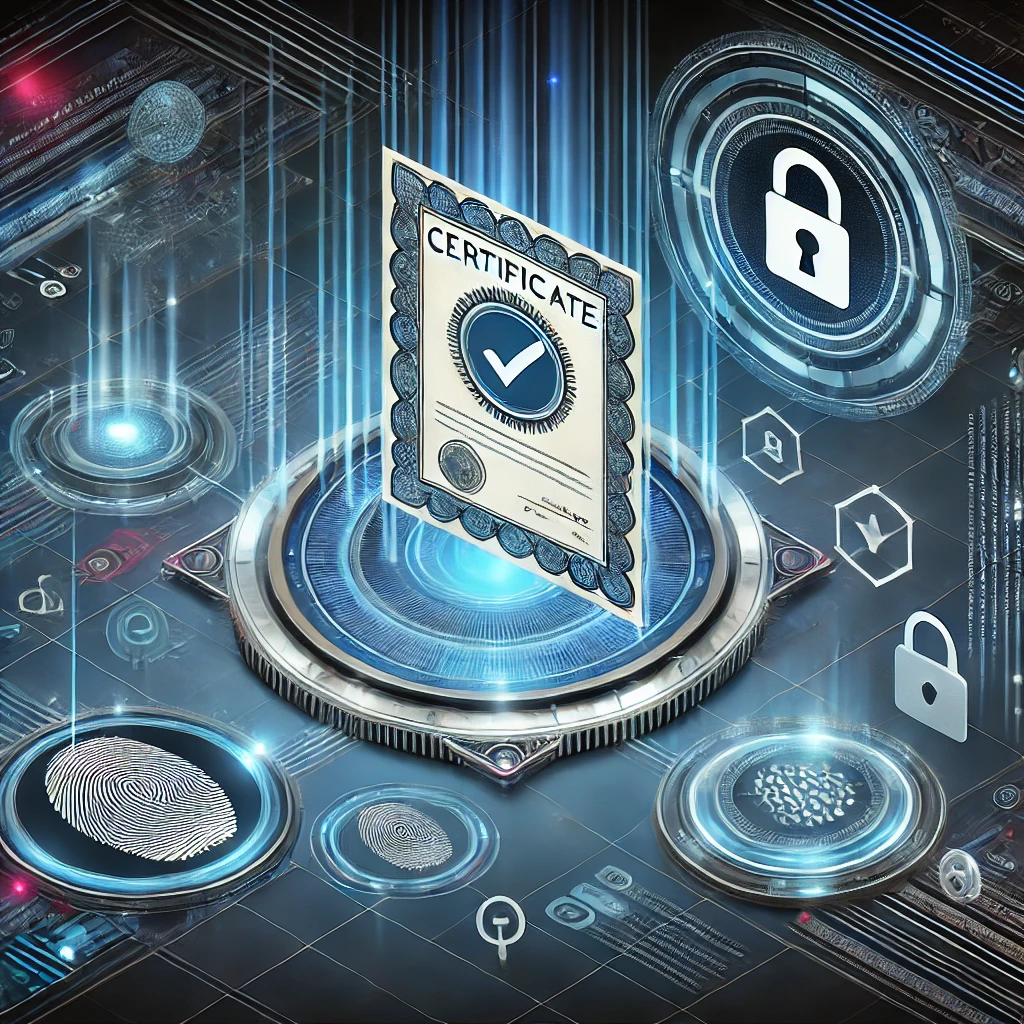As cyber threats advance, the credentials that authenticate cyber security proficiency must also progress. The demand for trained workers is expanding, and businesses are increasingly depending on certifications to evaluate technical competencies and adherence to industry norms. What does the future entail for cyber security certifications?
The Increasing Significance of Certifications
As cyberattacks get increasingly complex, businesses necessitate people capable of addressing growing threats. Certifications such as CISSP, CISM, ISO 27001, Cyber Essentials, and CEH are increasingly vital for certifying knowledge, assuring compliance, and showcasing a commitment to security best practices.
Emerging Trends in Cyber security Certifications
Additional specialised certifications
Although conventional certifications encompass extensive security expertise, the industry is transitioning towards specialised credentials in domains such as cloud security, AI-driven threat detection, and critical infrastructure protection. Certifications such as CCSP (Certified Cloud Security Professional) and AI Security Certification programs are increasingly popular.
Pragmatic, Experiential Instruction
Employers are prioritising actual skill assessments over theoretical understanding. Certifications featuring real lab environments and simulated attack situations, such as the OSCP (Offensive Security Certified Professional), are increasingly valuable.
Regulatory and Sector-Specific Compliance
As regulatory standards become more stringent, industry-specific certifications and government mandates will gain increased significance. Anticipate an increase in compliance-orientated certifications pertaining to GDPR, NIST, and new cyber security legislation.
Artificial Intelligence and Automation in Certification Examinations
As AI revolutionises cyber security, anticipate that certification examinations will incorporate AI-driven evaluations that adjust to a candidate’s strengths and shortcomings, enhancing the effectiveness and comprehensiveness of the assessments.
The Prospects of Cyber security Education
- Microcertificates: Concise, specialised certificates for particular competencies will increasingly proliferate.
- Continuous Learning: Certifications will transition to incorporate ongoing evaluations instead of singular examinations.
- Global Standardisation: Given the transnational nature of cyberthreats, there may be an impetus for the establishment of universally acknowledged certification standards.
In conclusion, cyber security certifications are adapting to address the requirements of a swiftly expanding threat environment. The upcoming certificates will emphasise expertise, practical skills, and compliance, enabling professionals to stay ahead of emerging challenges. Whether you are a novice in cyber security or a seasoned expert, ongoing education and certification are essential for career advancement and organisational security.
